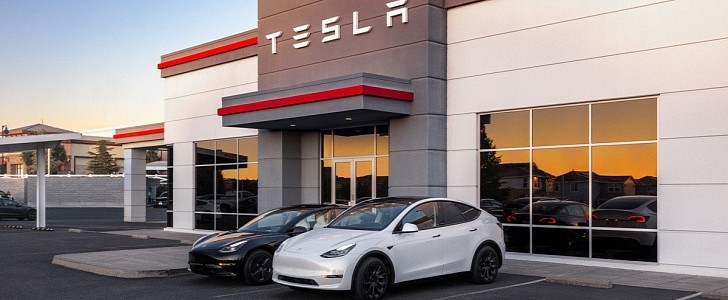Russia's recent attacks on Ukraine have hit the industrial market with devastating effects. The auto industry is the worst hit after crude oil and auto production raw materials from Russia such as nickel remain scarce. Consumers are bearing the brunt of it all in the form of pump gas hikes and skyrocketing car prices.
Leading EV maker Tesla has hiked its retail prices in the U.S. and China for the second time in a week. The automaker affected the price hikes after its CEO, Elon Musk made a statement through a tweet saying the manufacturer, like many other companies, is facing inflationary pressure in the form of logistics and raw materials, Reuters reported.
Electric vehicles use Li-ion batteries that use NCA (Nickel-Cobalt-Aluminum). Not only are these raw materials expensive, but they also come from Russia. Due to the recent sanctions placed on the Eastern European country, they have become scarce.
Nickel is critical in battery production for EVs since it stores more energy in the cells. With the current situation in Ukraine-Russia, battery manufacturers either need to switch to a different technology or raise product prices. The ripple effect means the final product will attract a higher retail price.
The sudden upsurge of the global pandemic in China and lockdowns in key cities, as well as the industry-wide chip shortage, have further complicated the matter.
China's Tesla website had the starting price of the Model 3 at $57,648, up from $54,869 a few days ago. The Model Y long-range is currently retailing at $58,946, up from $56,123, while the Model Y Performance is retailing $65,532, up from $62,396.
In January, scientists at the University of Michigan announced a breakthrough of a new battery chemistry called Li-S (Lithium-Sulphur) that is commercially available and will likely replace Li-Ion batteries. While its readily available, Li-S lack longevity and are interchangeable after shorter charging cycles.
Electric vehicles use Li-ion batteries that use NCA (Nickel-Cobalt-Aluminum). Not only are these raw materials expensive, but they also come from Russia. Due to the recent sanctions placed on the Eastern European country, they have become scarce.
Nickel is critical in battery production for EVs since it stores more energy in the cells. With the current situation in Ukraine-Russia, battery manufacturers either need to switch to a different technology or raise product prices. The ripple effect means the final product will attract a higher retail price.
The sudden upsurge of the global pandemic in China and lockdowns in key cities, as well as the industry-wide chip shortage, have further complicated the matter.
China's Tesla website had the starting price of the Model 3 at $57,648, up from $54,869 a few days ago. The Model Y long-range is currently retailing at $58,946, up from $56,123, while the Model Y Performance is retailing $65,532, up from $62,396.
In January, scientists at the University of Michigan announced a breakthrough of a new battery chemistry called Li-S (Lithium-Sulphur) that is commercially available and will likely replace Li-Ion batteries. While its readily available, Li-S lack longevity and are interchangeable after shorter charging cycles.






